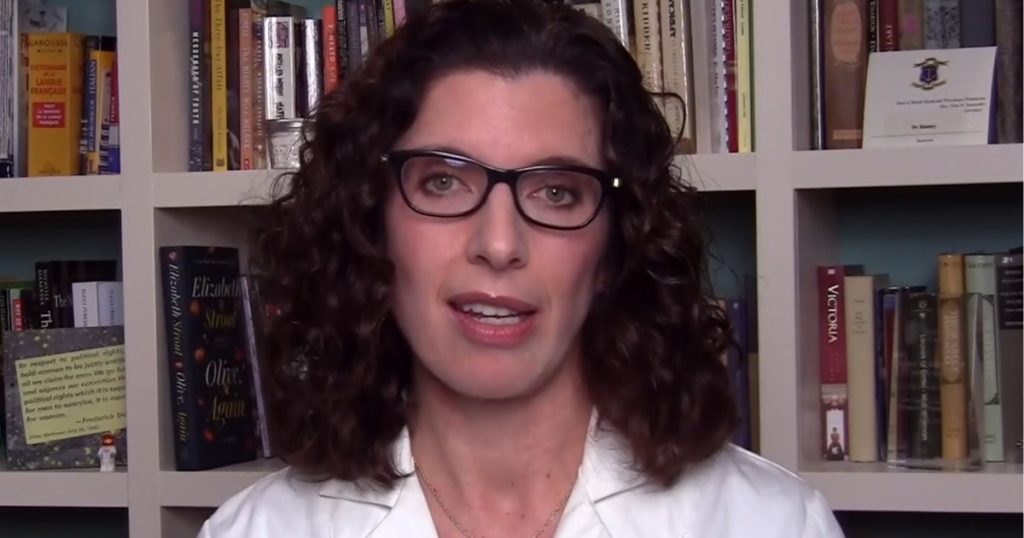
Magan Ranney, MD MPH, is a practicing emergency physician and Associate Professor of Emergency Medicine, Associate Professor of Health Services, Policy and Practice.
She has been a regular guest on MSNBC during the Coronavirus crisis. She is always a pleasant guest because, somehow, despite being in the trenches of this everyday and just today finding out, on the air, that one of her ER colleagues had died of the virus, she somehow maintains a smile that emanates hope despite the grim situation. But nonetheless, she IS in the trenches and offers factual insights from those trenches for all of us. In addition to the daily pleading for more emergency equipment today she talked about the urgency of everyone preparing their End-of-Life documents, just in case.

In Texas, our Department of Health and Human Services publishes a Physician’s Directive form (also known as a Living Will).
In an ideal world, you would have an opportunity to review this and discuss it with the attorney of your choice, but if you feel that you are unable to secure that advice and counsel, this form is available for your use. This is not the exact form that I use; I use a form that has more explanation and frankly, more options, including the option for your doctor and your agent to make end of life decisions in consultation, and my clients and I thoroughly discuss their options before their sign a document such as this. But with the urgency that is upon us with the current crisis, these documents are available to you online.
In a previous blog article, I talked about a book that I highly recommend for your reading before you sign this or any document similar to this. The book is called “At Peace: Choosing a Good Death After a Long Life,” by Samuel Harrington, M.D. This book is available by hardback or Kindle on Amazon.com. He also has a short video on his website in which he discusses some of the issues he talks about in his book.
Bottom line is this: if you can, please read this book before you complete your Living Will; Dr. Harrington in a compassionate way that shows he has dealt with these questions in his own family, can help you explore the details of the questions of your end of life decisions.
Rarely are they as simple as we see on tv and in movies, where a family just decides it’s time to “pull the plug,” as crass as that sounds. The most important thing is if any of us are confronted with those decisions in the coming months, we should try to spare our families the agony of having to make those decisions for us without knowing what our wishes would have been. None of us can know or choose if and when our time will come, but with the suggestions from Dr. Harrington in this book and the completing of your Living Will, you will be giving yourself the greatest chance of having the kind of death you would want, whether it is in this critical time or hopefully after many years of a happy life in the distant future.












Leave a Reply